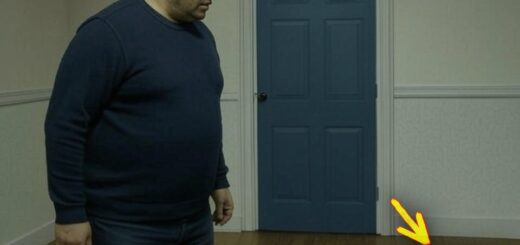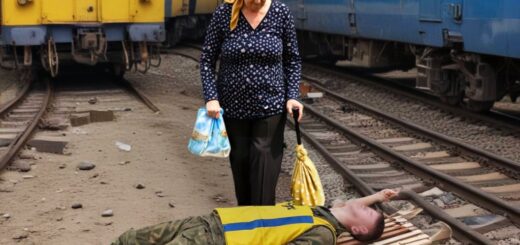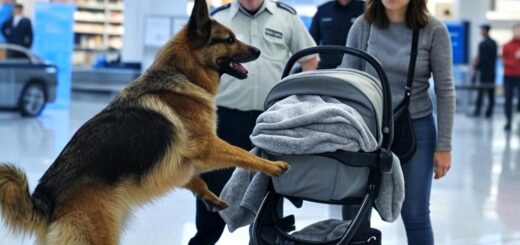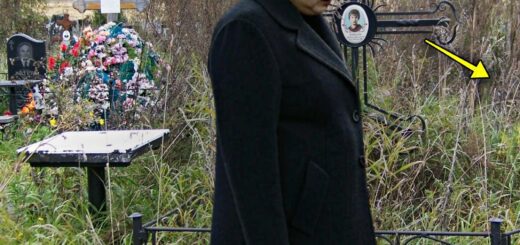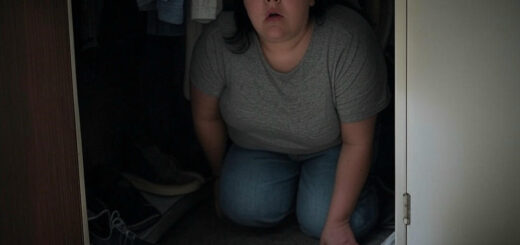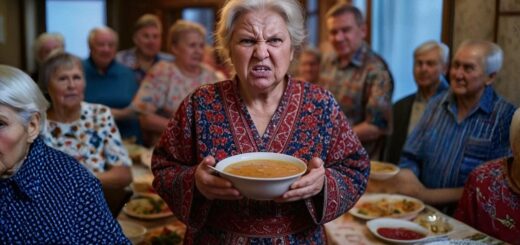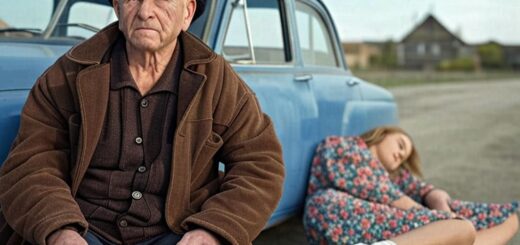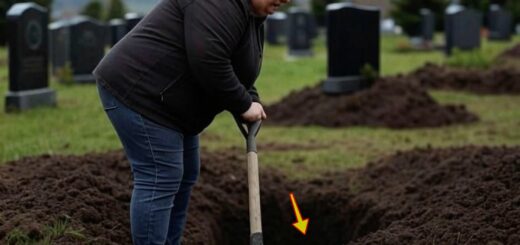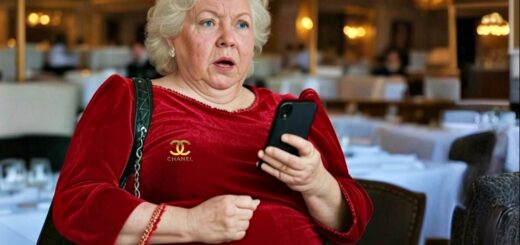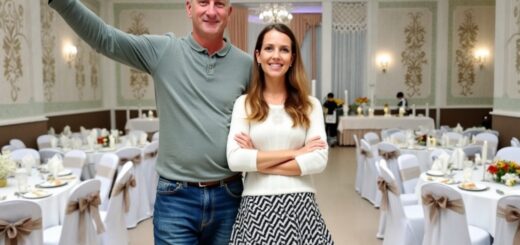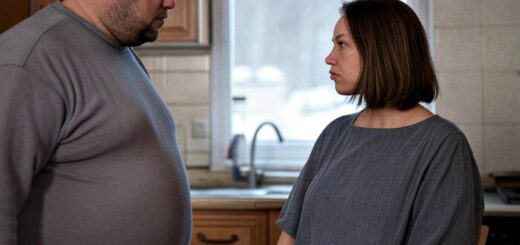At 52, I had a stroke. «The trip’s paid for, get better,» my husband said, then jetted off to the Maldives with the kids….
And how did it go? As expected, they’re contesting your mental competence at the time of signing the power of attorney revocation and changing the will. Gabriel spoke calmly, without emotion, as if reading a weather report. They claim the consequences of the stroke affected your ability to make decisions.
Convenient position, Pamela scoffed bitterly. But they have no chance. The notary continued confidently.
I enlisted an independent medical expert who confirmed your mental competence at the time of signing the documents. We also have the treating doctor’s statement about your clear consciousness from the first days after the stroke. He pulled out a few sheets from the folder.
Here is a preliminary agreement for the division of property. I’ve prepared the fairest option, with no unnecessary concessions. Pamela tipped the documents and began studying them carefully.
According to the terms of the agreement, the apartment they had lived in with Miguel would go to her as it had been purchased with her personal funds. The country property would be divided in half. Bank accounts, stocks, and other financial assets would also be divided according to their sources of origin.
The lion’s share would remain with Pamela. Did Miguel agree? She asked, surprised. Not exactly.
Gabriel allowed himself a slight smile. He insists on an equal division of all property, including your apartment. But the law is on our side.
Plus, we have documents showing the property was purchased solely with your funds. Pamela sighed. I didn’t think it would come to such battles.
Unfortunately, during a divorce, people often show their worst side, the notary philosophically observed. But don’t worry, I’ve got everything under control. He pulled out another document.
I’ve also prepared a letter for your employer. An official notification about your condition and your recovery plans. This will protect your position at the company during rehabilitation.
Pamela nodded gratefully. Thank you, Gabriel. I don’t know what I’d do without you.
Just doing my job, he replied modestly. By the way, your children tried to contact me. They called the office several times.
And what did they want? Mostly, they expressed outrage about the change of locks on the apartment and the frozen accounts. Your daughter was especially active. From what I understand, she’s having trouble with the mortgage payments.
Pamela shook her head sadly. They’re used to mom always solving the problems. Providing, paying, covering up.
Well, maybe this experience will be useful to them, Gabriel remarked. Independence is never a bad thing. After the notary left, Pamela sat by the window for a long time, watching as the spring twilight deepened.
The streetlights in the park turned on and the last visitors hurried home. Somewhere in the city, her family was trying to adjust to their new reality without access to her money, without the ability to shift their problems onto her shoulders. It was strange, but Pamela didn’t feel any gloating, just a slight sadness about what might have been if their relationship had been built differently.
The following weeks melted together for her in a continuous stream of rehabilitation procedures, training, and exercises. Each morning began with exercise, joint development, and massage. Then, lessons with the physical therapist, hydrotherapy in the pool, fine motor skills training.
After lunch, sessions with the speech therapist, psychologist, and occasionally acupuncture to stimulate nerve endings. Pamela didn’t allow herself self-pity or weakness. She performed every exercise, every procedure with fanatical precision, as if her physical freedom and her mental equilibrium depended on it.
And gradually, her body began responding to her efforts. At first, her right hand’s fingers barely moved, then she managed to hold a spoon on her own, and eventually, she walked a few steps without support. You’re making remarkable progress, Pamela, her rehabilitation doctor said, reviewing her chart.
Usually, after a stroke like yours, patients recover much more slowly. I have good motivation, doctor, she smiled in response. I’m building a new life.
From scratch. In the evenings, when the procedures were over, Pamela often talked to Gloria. Their relationship had long since gone beyond that of nurse and patient, they had become true friends.
Two women of the same age, with similar outlooks on life, they understood each other with half a word. You know, I’ve been thinking more and more about something, Pamela said one day, looking at the setting sun. About how many people go through these kinds of trials alone, without support, without knowledge, without means for proper rehabilitation.
Gloria nodded. I see that every day. It’s especially tough for the elderly.
Their kids are far away, they don’t have the money for private centers, and their chances for recovery are limited. And something could be changed, Pamela said thoughtfully. A support system, mutual aid groups, informational resources.
Do you have an idea? Gloria smiled. Only outlines for now, Pamela smiled back. But it seems like I’m starting to understand what I’ll do when I get out of here.
After two months of intensive rehabilitation, Pamela was able to move around almost independently, only slightly relying on a cane. Her right hand was still weaker than the left, but fine motor skills were recovering. Her speech had almost returned to normal, although she still stumbled sometimes when she was nervous.
Gabriel, who had been visiting her regularly, brought news. The court has approved your property division agreement. Your husband tried to contest it, but without success…


